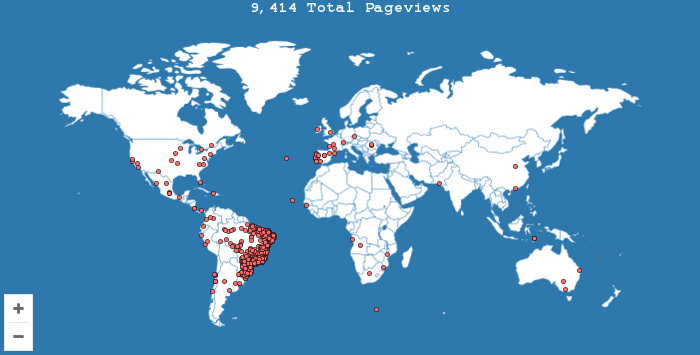National Common Curricular Base and (new) curricula: critical discourse analysis of the discourses established about and within the BNCC
DOI:
https://doi.org/10.31496/rpd.v24i49.1584Keywords:
ResumoAbstract
In Brazilian education, several guidelines, parameters, and resolutions were published to try to establish a curriculum pedagogy that would meet the comprehensive education of the student. However, some of these attempts were marked by the non-idealization and strengthening of cultural, social, and other issues. After the National Education Council (CNE) attempted to meet the goals set for the improvement of education, in 2015, a National Common Curriculum Base (BNCC) was elaborated to define the set of learning that all students should develop in their school careers. Based on that, this research aimed to identify and analyse, in texts published by the Lemann Foundation and Nova Escola Journal and in the BNCC text itself, which discourses are being built through the implementation of the Base and which are mobilized by it, through the analysis of Transitivity (HALLIDAY; MATTHIESSEN, 2014) and Critical Discourse Analysis (FAIRCLOUGH, 1995, 2001, 2003). As specific objectives, this work tried to understand the Base as a genre of governance, identify what is the knowledge that is being legitimized and even delegitimized with the implementation of the BNCC, in addition to analysing how these voices are discursively positioned in front of the themes and knowledge. The corpus was composed of 28 written texts, collected from December 2017 to February 2022, being the hole BNCC, 13 texts of the Lemann Foundation, 13 texts of Nova Escola, and 1 text published jointly by the two foundations (reports, interviews, and news all related to the BNCC). The methodological basis of this work was qualitative-quantitative (BORTONIRICARDO, 2008) because the qualitative and quantitative techniques of data analysis were combined to understand the quality of the information and the phenomena proposed for analysis, to interpret them within the context and within the statistical framework that is offered by the lexical analysis program used - WordSmith Tools®. Through the analyses made, in general, it was possible to identify that the processes and circumstances, used in the construction of the texts that make up the corpus of study, establish a discourse on and in the BNCC that show an explanatory logic to strengthen the argument that education is the Base, that is, the justification and defence of the idea that education should be seen as a “service” that is acquired, thus justifying the privatization of this sector. The discourse produced by the Base and reinforced in the texts of the Lemann Foundation, is a discourse of governance, because, implicitly, it highlights the focus of the changes, which are happening through the focus on essential learning, indicated by the competencies worked in each curriculum component, aimed at the world of work. These values are even above the concern to keep the student in school and create the minimum conditions for study. The discourse established by the Lemann Foundation, through the relationship between processes and circumstances, argues in the direction of reaffirming the Base as the document that contains clear directions to approach the learning, said to be essential, for the formation of the student who aims to structure his life project and preparation for the world of work. However, the discourse conveyed by Nova Escola invites the reader to reflect, but at the same time, uses the rhetorical strategy explanatory in order to create the “logic of appearances”, which seeks to erase the problems brought by the implementation of BNCC to highlight and justify, all the time, the training of students by technical skills, resuming the traditional view of the curriculum, whose goal was back to meet the demands of the labour market through the qualification of cheap labour.
Downloads
Downloads
Published
How to Cite
Issue
Section
License
Submitted texts approved by the Editorial Board of Revista Profissão Docente will be published, and their authors may use them for future publications, provided that the original edition is properly cited (title, Revista Profissão Docente, volume, issue, year of publication, and page numbers of the referenced text). All articles published in this journal are the sole responsibility of their authors. Revista Profissão Docente and Universidade de Uberaba assume no legal responsibility for their content.
















